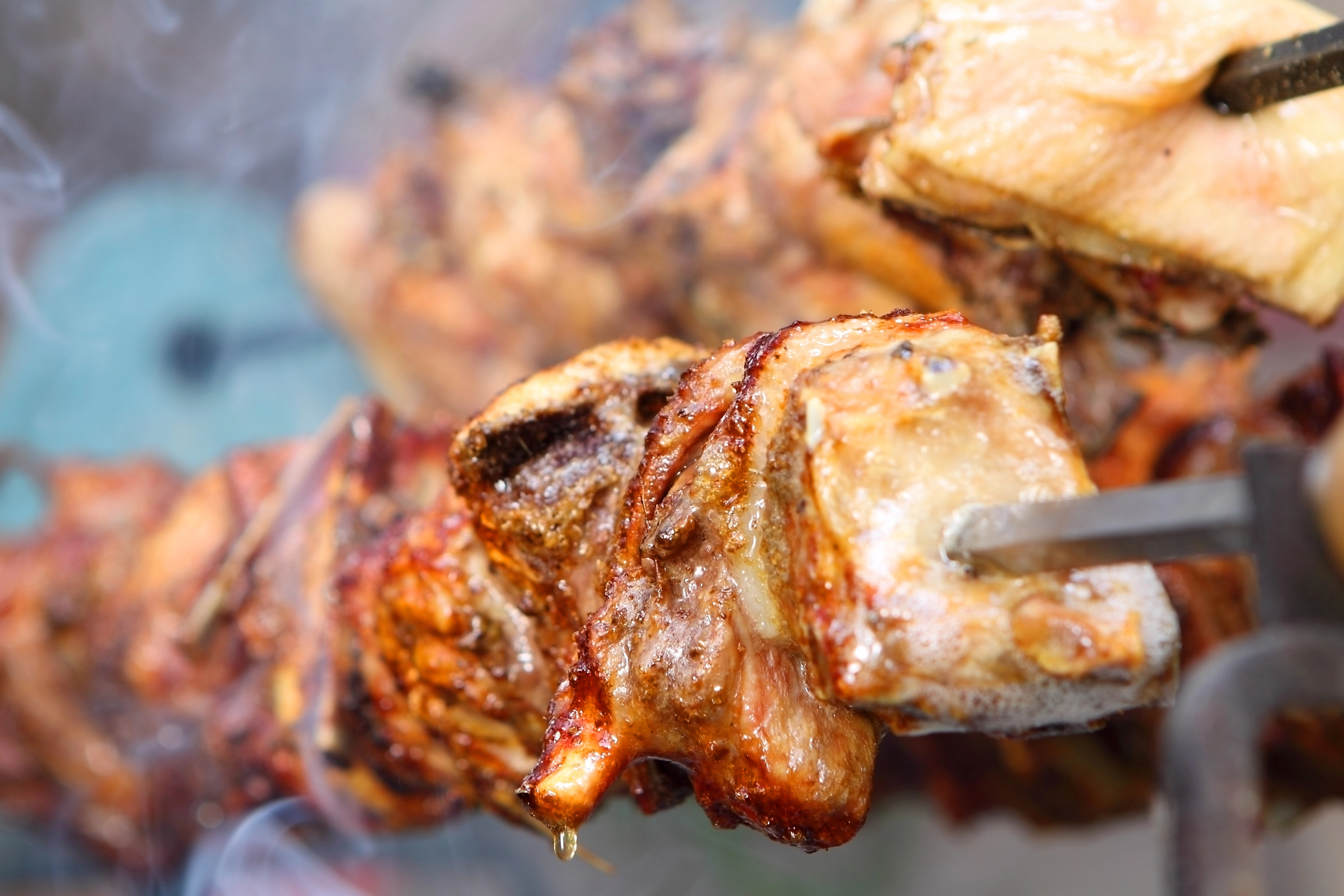‘I do not think Cyprus is ready for such a novel project’
If Easter seems the wrong time to mention that lab-grown meat may one day replace our souvla-piled plates on Cyprus’ great meat-eating day, we have to prepare ourselves for the possibility.
The EU is bitterly divided on the issue, citing concerns over sourcing, monopolisation of food production, public wariness and – perhaps surprisingly – the environment.
But the market for plant-based foods is growing as has the pressure on big food companies to come out with new meat alternatives, including lab-grown meat, despite the widespread perception that it’s ‘icky’.
“A few animal cells are placed in a nutrient rich medium with the right conditions to grow and multiply into meat,” explained Tonis Ioannou, a food scientist at Cyprus-based Food Tech.
“It’s beef from cow cells, the cells are not grown from a cow but in tanks, for that reason the cruelty of the product is zero,” said biologist Marina Panayiotou, adding that the meat is made from cultivated animal cells that are grown in bioreactors.
So, how ready is Cyprus?
Some would try it out of curiosity, some because they believe that it would be more sustainable while others believe lab-grown meat carries no diseases. And some are vehemently opposed.
“I wouldn’t try it because I don’t like to try anything other than natural produced products and I don’t trust what substitutes will be used at the labs,” 54-year-old Kyproulla Theodorou said.
Panayiotou replied saying that even though she is vegan she would try the cultivated meat, “because it will be a good protein source”.
“If I had to choose between plant-based meat or cultured meat, I’d maybe choose the second one since it has the same proteins and benefits as actual meat, without having to worry about the animals,” Styliana Nikolaidou agreed.

Costas Antoniou said that he doesn’t think that it’s a good alternative, “as it’s a relatively new idea and we are not sure if it’s healthy or not”.
Panayiotou believes that it is a very promising technology especially for meat eaters, as the taste and texture would be closer to the original meat and at the same time there is no animal cruelty involved in its production.
“Regarding the cruelty it’s a huge advantage, since no animals are being slaughtered for the production and there will be fewer animal farms, which will reduce methane emissions,” she said.
“What will be the impact of this technology when eight billion people start consuming this type of meat?”
Food Tech’s Ioannou is far more cautious.
“Cyprus and generally, Europe are not excited about this procedure for a number of reasons, and I do not think Cyprus is ready for such novel project,” he said.
He added that the USA is far more accepting over food safety regulations than the EU. “That often applies pressure to Europe to accept the novel lab-grown meat, as it has already done with GMO [genetically modified organisms], meat grown with hormones etc.”
Louiza Sophokleous co-founder of the Mighty Kitchen, a company producing plant-based food that doesn’t use GMO ingredients explained that the peas, wheat and all their products have not been genetically modified.
The Mighty Kitchen uses pea protein in their food as it is highly digestible and rich in essential amino acids, providing the meaty bite and protein content in their products.
Lab-grown meat products have already been launched in some countries worldwide, including some EU member states.
Singapore was the first one to approve with Israel, the US and Britain following suit.
Whilst Europe is mostly hostile, lab-grown was approved in the Netherlands and Switzerland in 2023.
But the issue of laboratory cultivated food production raises many questions that have to be thoroughly discussed between the EU member states, the European Commission and the public.
Some countries already formed a coalition fighting for restrictions at an EU-level and introducing bans within their own borders.
Italy was the first country to ban lab grown meat, but other EU countries are concerned as well, while a letter was signed by 12 member states including Cyprus and Greece in 2024, to further discuss the topic.
The letter was forwarded to a meeting of the agriculture ministers in Brussels in 2024, urging the EU to undertake additional investigations into lab-grown meat.
The note was prepared by the Austrian, French and Italian delegations and is supported by the Czech Republic, Cyprus, Greece, Hungary, Luxembourg, Lithuania, Malta, Romania and Slovakia.
These countries are trying to ensure that the commission shares correct information about lab-grown meat, that is beneficial for the environment, consumer’s health, rural areas and is developed correctly in the EU.
According to the Euro-Barometer 2020 survey there is a growing demand for transparency on the origin of ingredients amongst consumers.
If cultured meat gets approved by the EU market in the future, it would be necessary to ensure that EU consumers are aware of the product origin with the correct labelling. Currently, there is no authorisation to offer cell-based meat on the EU-market, as such novel foods require an assessment by the European Food Safety Authority (EFSA).
Lab-grown production requires economies of scale to operate cost effectively. Given the high fixed costs, there are great risks that artificial meat production would consequently be monopolised amongst a few large-scale industrial producers.
“We urge the commission and all member states to take pre-emptive action against the monopolisation of food production and towards the diversification of primary farm-based food production guaranteed by European farmers,” the EU states write in the letter.
The production costs of lab grown meat is high due to the use of fossil fuels, “however if the production is done with renewable energy, the cost will decrease significantly, as sustainable energy will be used,” Ioannou said.
Although, a study by the University of California shows that lab grown meat generates up to 25 times more CO2 equivalents per kilogram of meat produced compared to genuine meat.
Ioannou on the other hand says that lab grown meat could produce 90 per cent less greenhouse gas emissions compared to the production of certain animal meats, “for example beef is much more expensive than any other produced meat.”
Opinions about cultivated meat varies from negative to positive, those concerned about artificial meat are worried that it might displace traditional livestock farming, that the manufacturing process is energy intensive and uses a lot of water. While those in favour cite the welfare of animals and the benefits of cutting down on livestock farming, including fewer carbon emissions.
But for now, your Easter souvla is safe.






Click here to change your cookie preferences